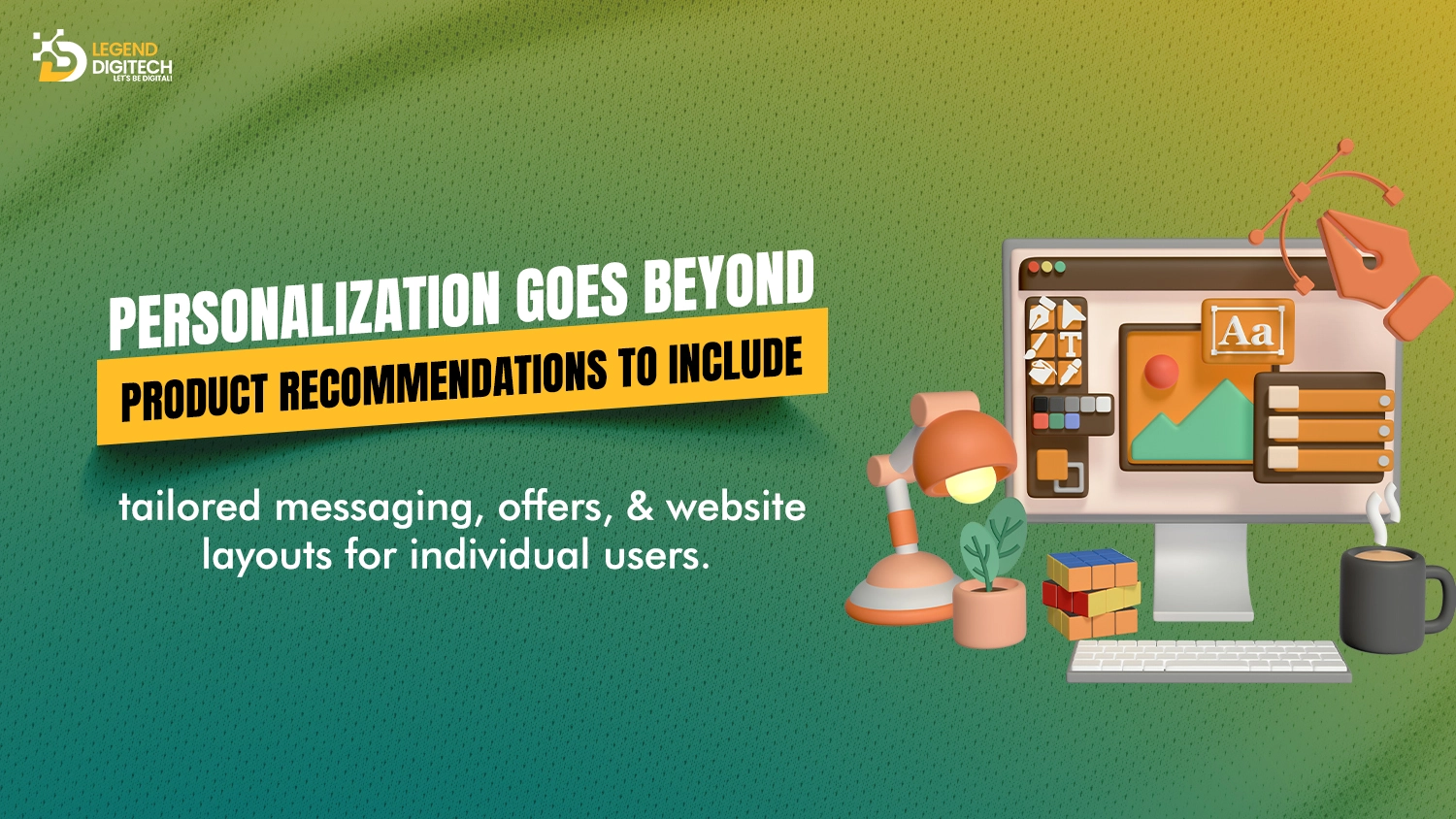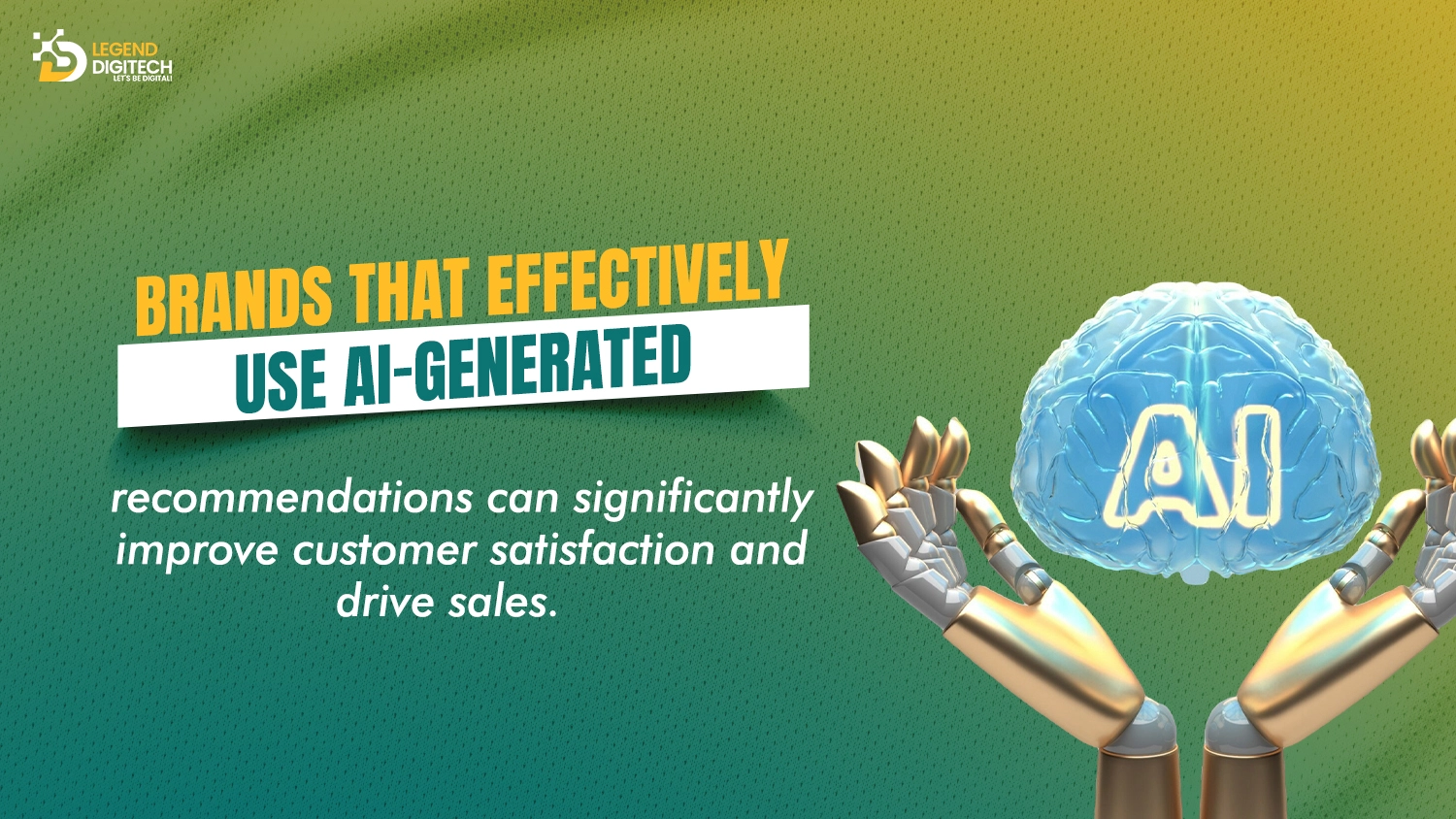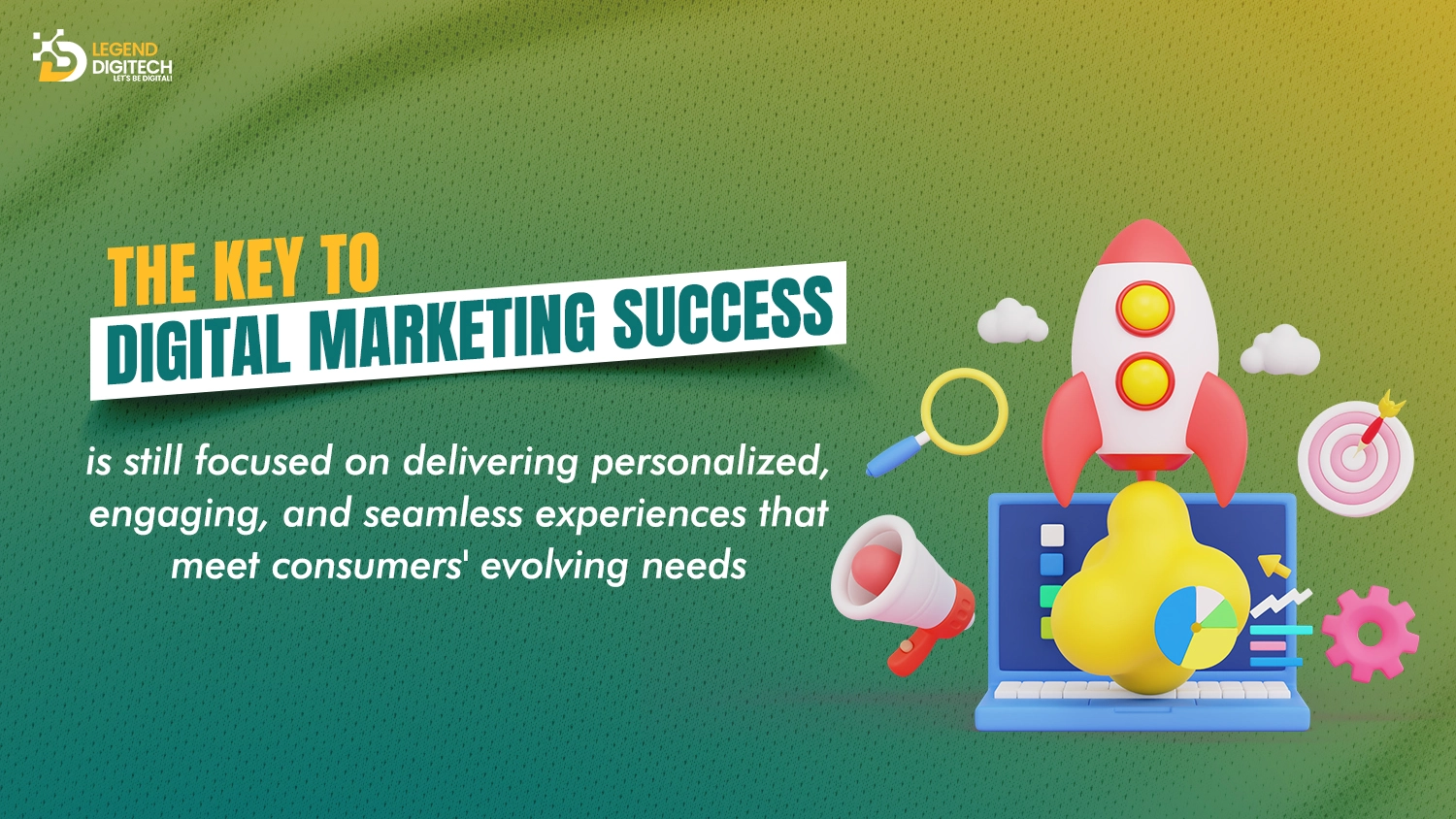Contents
As we approach 2025, the future of the digital marketing landscape continues to evolve at a rapid pace. Brands and marketers must stay ahead of the curve to engage with consumers and use modern technologies effectively. Here are some key digital marketing trends 2025 to watch out for:
1. Generative AI and AI Assistants
Generative AI is at the forefront of digital marketing trends, transforming how brands create content. This technology enables the production of highly personalized and engaging content on a scale, which is crucial in the ever-evolving digital marketing landscape. Using generative AI, brands can craft blog posts, social media updates, and even video scripts that resonate deeply with their target audiences. This enhances the marketing strategy and ensures that content stays relevant and impactful.
AI assistants are becoming more sophisticated, providing real-time support and enhancing customer experience.
These virtual helpers can manage many tasks, from answering customer queries to offering personalized product recommendations. For instance, an AI assistant on an e-commerce site can guide a shopper through their purchase journey, offering suggestions based on their browsing history and preferences. This integration of AI in digital strategies not only improves efficiency but also creates a more engaging and satisfying user experience.
Moreover, using AI-generated content allows for more creative and tailored marketing strategies. Brands can experiment with different content formats and styles, using AI to analyze performance and perfect future campaigns. This dynamic and adaptive approach ensures that marketing efforts stay at the forefront of digital marketing developments.
2. Personalization and User-Created Content
Both points raise many questions, so let’s discuss each other and find out what it means in digital marketing.
Personalization
This stays a top priority for marketers, driven by AI and advanced analytics capabilities. Brands can now deliver highly personalized experiences across various touchpoints, from email campaigns to social media interactions. This level of customization is achieved by analyzing vast amounts of data to understand consumer behavior, preferences, and needs.
For example, a fashion retailer can use AI to recommend outfits based on a customer’s past purchases and browsing history. This enhances the shopping experience and increases the likelihood of conversion.

User-Generated Content (UGC)
UGC is another powerful tool in the marketer’s arsenal. Consumers are more likely to trust and engage with content created by their peers rather than traditional advertising. Encouraging UGC can take many forms, such as social media challenges, reviews, and testimonials. Brands can amplify this content by featuring it on their platforms, creating a sense of community and authenticity.
For instance, a travel company might encourage customers to share their vacation photos with a branded hashtag. These photos can then be highlighted on the company’s website and social media channels, providing real-life endorsements that resonate with potential customers. This strategy boosts authenticity and fosters a sense of belonging and loyalty among the brand’s audience.
Using personalization and UGC, brands can create more meaningful and engaging customer interactions, ultimately driving loyalty and growth. These new digital marketing trends highlight the importance of adapting to the changing digital marketing landscape and staying ahead of the curve in the future of digital marketing.
3. Omnichannel Strategies
An omnichannel approach is essential in today’s digital marketing landscape to ensure a seamless customer journey across multiple platforms and devices. By integrating both online and offline channels, brands can provide a consistent and cohesive experience that meets the expectations of modern consumers who demand convenience and flexibility. This strategy involves synchronizing various touchpoints such as websites, mobile apps, social media, and physical stores to create a unified experience.
For example, a retailer might allow customers to browse products online, buy them through a mobile app, and pick them up in-store. This integration enhances the shopping experience and provides valuable data that can be used to personalize interactions further. The future of digital marketing lies in the ability to seamlessly blend these channels, ensuring that consumers receive a consistent message and experience regardless of where they interact with the brand.
4. Social Media Evolution
Social media platforms like TikTok constantly evolve, offering new opportunities for marketers. Short-form video content remains incredibly popular, and brands use these platforms to reach younger audiences. To stay relevant, social media strategies must be agile and adaptable, keeping up with changing trends and algorithms.
For instance, a brand might use TikTok to launch a viral challenge encouraging user–created content (UGC). This not only increases engagement but also boosts the brand’s visibility. Additionally, platforms like Instagram and Facebook continuously update their features, such as shopping integrations and live streaming, which brands can use to enhance their marketing strategies. Staying ahead of these digital marketing trends is crucial for a competitive edge.
5. AI-Generated Recommendations
AI-driven recommendations transform the shopping experience by providing personalized product suggestions based on user behavior and preferences. These AI-generated recommendations increase the likelihood of conversions by presenting consumers with products they are more likely to buy. For example, an e-commerce site might use AI to analyze a customer’s browsing history and recommend related items, enhancing the overall shopping experience.

This technology helps us understand consumer preferences and predict future trends, making it vital to digital marketing developments.
6. Content Marketing and SEO
High-quality content marketing remains a cornerstone of digital marketing. As search engines like Google continue to refine their algorithms, content marketing strategies must focus on relevance, value, and user intent. Incorporating SEO best practices ensures that content is discoverable and ranks well in search results.
For instance, a brand might create a blog that addresses common customer questions and offers valuable insights. By perfecting this content for search engines, the brand can attract more organic traffic and show itself as an authority in its industry. The future of digital marketing will see greater emphasis on creating content that engages, educates, and informs the audience.
7. Analytics and Data-Driven Decisions
Data analytics is essential for understanding consumer behavior and measuring the effectiveness of marketing campaigns. By using data, brands can make informed decisions and refine their strategies. Advanced analytics tools offer deeper insights, enabling marketers to refine their approaches and achieve better results.
For example, a brand might use analytics to track the performance of a social media campaign, finding which posts generate the most engagement and conversions. This data can then be used to adjust future campaigns, ensuring they are more effective. The ability to make data-driven decisions is a key advantage in the competitive world of digital marketing.
8. Brand Experiences and Customer Engagement
Creating memorable brand experiences is key to building long-term relationships with customers. Interactive and immersive experiences, such as virtual events and augmented reality, can captivate audiences and differentiate a brand from its competitors. Engaging with customers on a personal level fosters loyalty and advocacy.
For instance, a brand might host a virtual reality event where customers can explore new products in a simulated environment. This not only creates a unique experience but also allows the brand to connect with its audience in a meaningful way. The future of digital marketing will see more innovative approaches to customer engagement, focusing on creating experiences that resonate deeply with consumers.
By embracing these new digital marketing trends and staying adaptable, brands can navigate the dynamic landscape and achieve sustained success.

FAQs on Digital Marketing Trends 2025
Generative AI allows brands to automate content creation, producing personalized and engaging materials like blog posts, social media updates, and video scripts, which can significantly enhance customer engagement and streamline marketing efforts.
An omnichannel strategy ensures a seamless and cohesive customer journey across multiple platforms and devices, meeting today’s consumers’ lofty expectations for convenience, flexibility, and consistent brand experiences.
User-generated content (UGC) enhances brand authenticity by highlighting real customer experiences and fostering a sense of community. Consumers are more likely to trust and engage with content their peers created than traditional advertising.
At the End of the Day, Adaptability Wins
Staying informed about digital marketing trends 2025 is essential for brands aiming to thrive. Marketers can effectively engage consumers and foster loyalty by embracing innovations like generative AI, personalized experiences, omnichannel strategies, and evolving social media landscapes.
Adapting to these trends will ensure a forward-thinking approach in a rapidly changing digital marketplace. Legend Digitech brings you effective strategies to stay ahead of your competition. Let’s talk about your digital journey!
